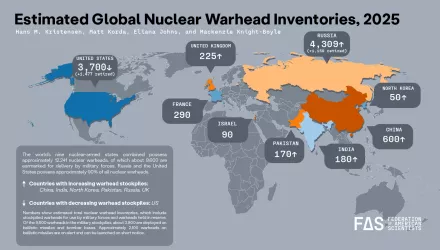
Muammar al-Qadhafi’s induced renunciation of Libya’s nuclear, chemical, and longer-range ballistic weapons programs was a signal accomplishment for US and British nonproliferation policy. Thus, the case holds particular interest for those studying how the intelligence and policy communities work together to prevent nuclear proliferation. Yet, Libya’s decision evolved fitfully and during a dark period for efforts to curb the spread of atomic weapons. In early 2003, Washington was still traumatized by the September 11th terrorist attacks, and anguished that al Qaeda was plotting even more gruesome assaults. The Iraq War was unleashed, in part, out of dread that nuclear weapons could be fused with terrorism. As then National Security Advisor Condoleezza Rice explained, “given what we have experienced on September 11, I don’t think anyone wants to wait for the 100-percent surety that he has a weapon of mass destruction that can reach the United States, because the only time we may be 100-percent sure is when something lands on our territory. We can’t afford to wait.” Worse still, from the US perspective, a nuclear proliferation tsunami appeared to be cresting, not only from Iraq, but also in Iran, North Korea, Libya, and elsewhere. These broad perceptions and fears by nonproliferation policymakers and intelligence officers informed their approach to the Libya case. “[l]ntelligence was the key that opened the door to Libya’s clandestine programs,” argued George Tenet in February 2004, and he was right. Without detailed, timely, and accurate intelligence, the effort to investigate and follow up with the diplomacy to end Libya’s illicit weapons programs would have been far more fraught. Intelligence information supported actions and arguments that ultimately persuaded the Libyans that they were unlikely to succeed against seemingly omniscient and omnipresent adversaries.
Tobey, William. “Cooperation in the Libya WMD Disarmament Case.” Studies in Intelligence, Vol. 61, No. 4
The full text of this publication is available via Studies in Intelligence.




